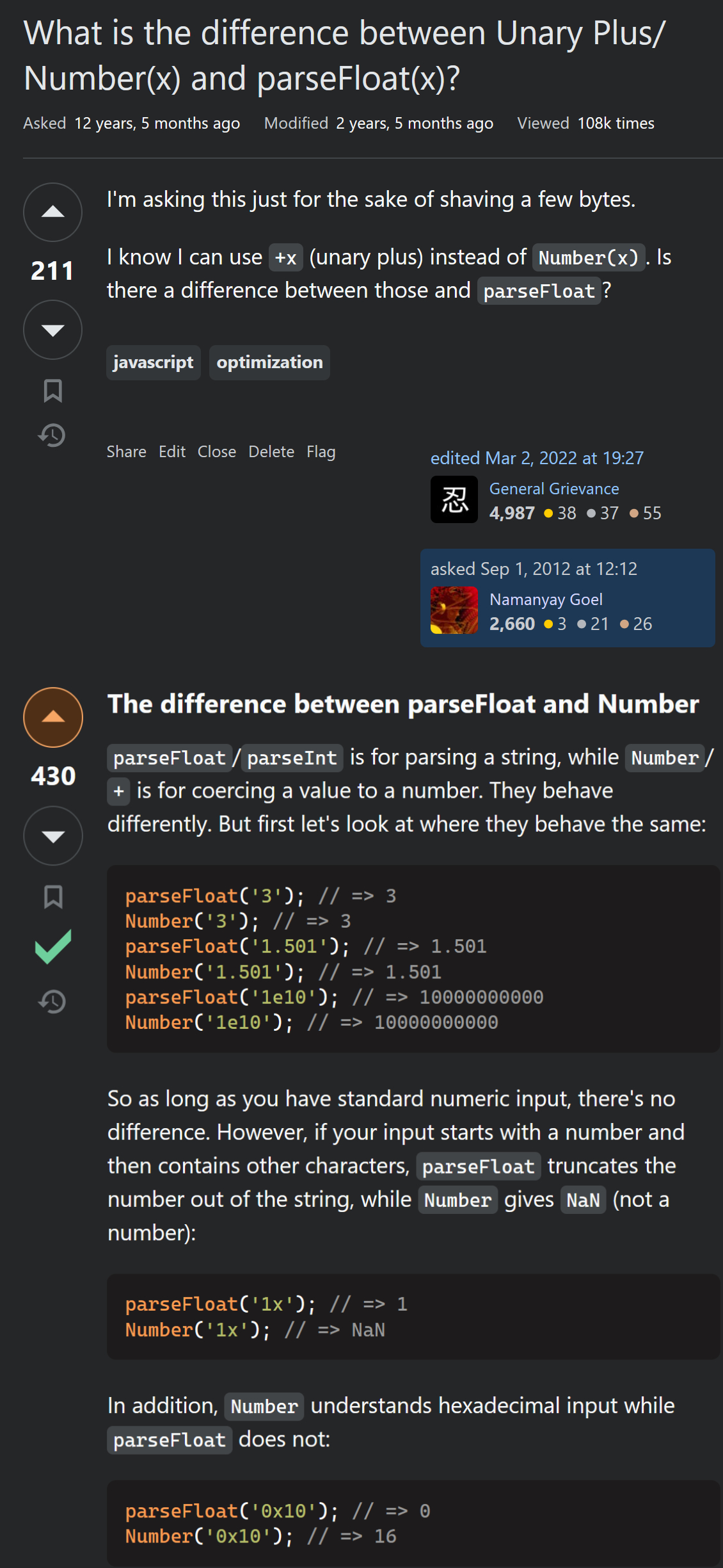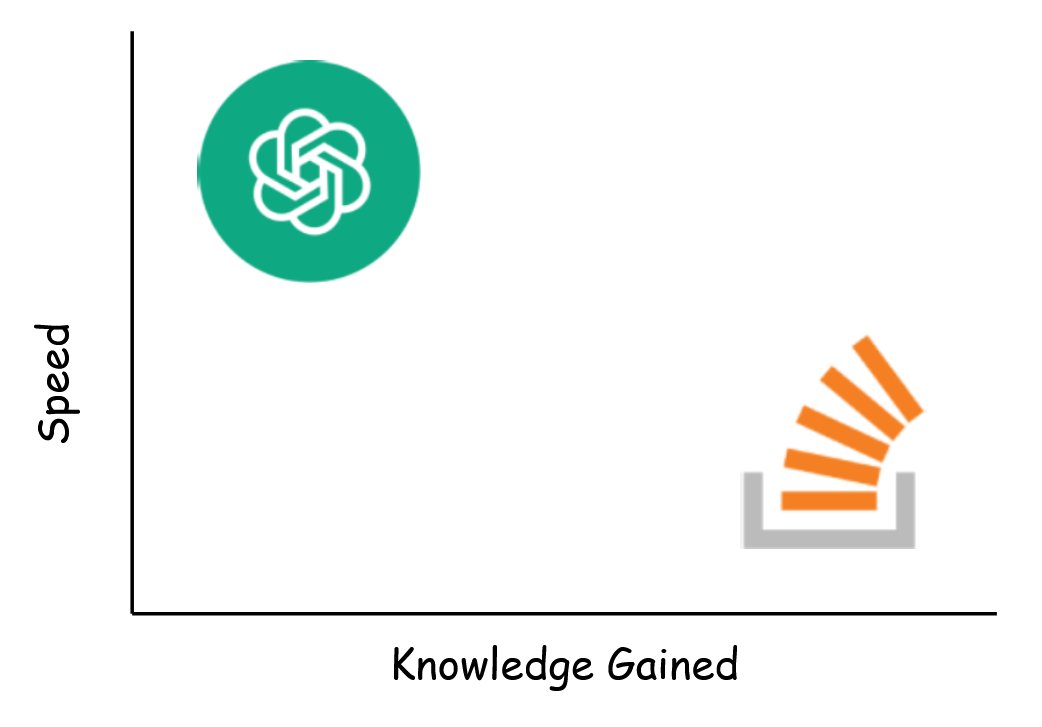New Junior Developers Can’t Actually Code
Something’s been bugging me about how new devs learn and I need to talk about it.
We’re at this weird inflection point in software development. Every junior dev I talk to has Copilot or Claude or GPT running 24/7. They’re shipping code faster than ever. But when I dig deeper into their understanding of what they’re shipping? That’s where things get concerning.
Sure, the code works, but ask why it works that way instead of another way? Crickets. Ask about edge cases? Blank stares.
The foundational knowledge that used to come from struggling through problems is just… missing.
We’re trading deep understanding for quick fixes, and while it feels great in the moment, we’re going to pay for this later.
Back when we had to actually think
I recently realized that there’s a whole generation of new programmers who don’t even know what StackOverflow is.
Back when “Claude” was not a chatbot but the man who invented the field of information entropy, there was a different way to debug programming problems.
First, search on Google. Then, hope some desperate soul had posed a similar question as you had. If they did, you’d find a detailed, thoughtful, (and often patronizing) answer from a wise greybeard on this site called “Stack Overflow”.
Here’s one of the questions I posed 12 years ago. See the top answer by Nathan Wall (who has earned a whopping 10,000+ points and is apparently a CTO since 2015):

Can you imagine that some dude just wrote an answer with this level of detail? Raw, without any AI? And for free?
My original question was thoroughly answered of course, but he didn’t stop there. I learnt so many new facts. Some of them I didn’t even know existed, and others I didn’t even want to know but now they’re etched in my brain forever.
This was the best case scenario if you had a question. If you stumbled upon a particularly difficult problem and didn’t find someone who had answered your question already, then tough luck.

Junior devs these days have it easy. They just go to chat.com and copy-paste whatever errors they see. Even lazier ones don’t do the 30 second effort of toggling to a browser window, they just use a tool that does it all in one place.
It’s convenient and quick.
But, there’s still one reason that StackOverflow was superior:
Reading discussions by experienced developers about your topic is the best way to learn.
Here’s a graph to explain what I mean:

AI gives you answers, but the knowledge you gain is shallow. With StackOverflow, you had to read multiple expert discussions to get the full picture. It was slower, but you came out understanding not just what worked, but why it worked.
Think about every great developer you know. Did they get that good by copying solutions? No—they got there by understanding systems deeply and understanding other developers’ thought processes. That’s exactly what we’re losing.
I’m not trying to be that guy who complains about “kids these days.” I use AI tools daily. I’m literally building one. But we need to be honest about what we’re trading away for this convenience.
What can we do?
I’ve been experimenting with ways to fix this (because let’s face it, AI isn’t going anywhere). Here’s what’s actually working:
- First, use AI with a learning mindset. When it gives you an answer, interrogate it. Ask it why. Sure, it takes longer, but that’s literally the point.
- Next, find your tribe. Reddit, Discord, Mastodon—wherever the smart people hang out. That’s where you’ll find the real discussions happening. The ones that make you go “huh, I never thought about it that way.”
- Do code reviews differently. Instead of just checking if the code works, start a conversation with your team. What other approaches did they consider? Why did they pick this one? Make understanding the process as important as the end result.
- Build things from scratch sometimes. Yes, AI can generate that authentication system for you. But try building one yourself first. You’ll write worse code, but you’ll understand every line of it. That knowledge compounds.
Looking forward
Here’s the reality: The acceleration has begun and there’s nothing we can do about it. Open source models are taking over, and we’ll have AGI running in our pockets before we know it. But that doesn’t mean we have to let it make us worse developers.
The future isn’t about whether we use AI—it’s about how we use it. And maybe, just maybe, we can find a way to combine the speed of AI with the depth of understanding that we need to learn.
Let me know if you’ve found other ways to balance this. Or tell me I’m just being an old man yelling at clouds. Either way, let’s figure this out together.
Increase engagement and retention
Our whitelabel AI vibe coding platform allows your users to customize and build exactly what they need, on top of your platform.
My customers say that this is the best way to increase engagement and retention in 2026.
Curious? Check out Giga Catalyst to learn moreOr, fill out this form and I'll personally reach out to show you how it works:
